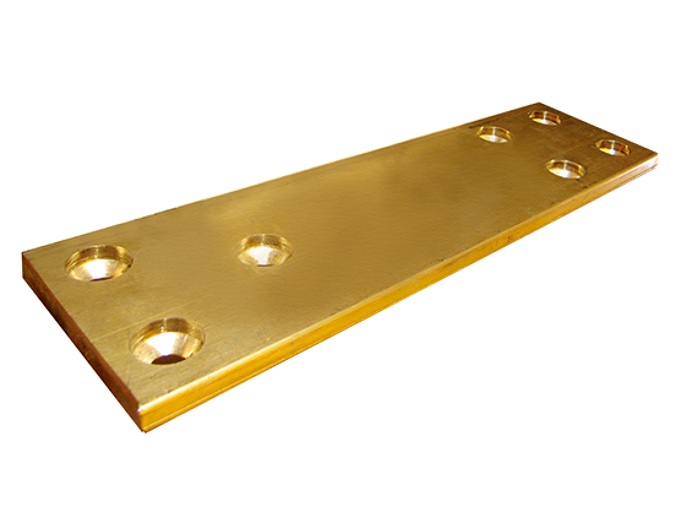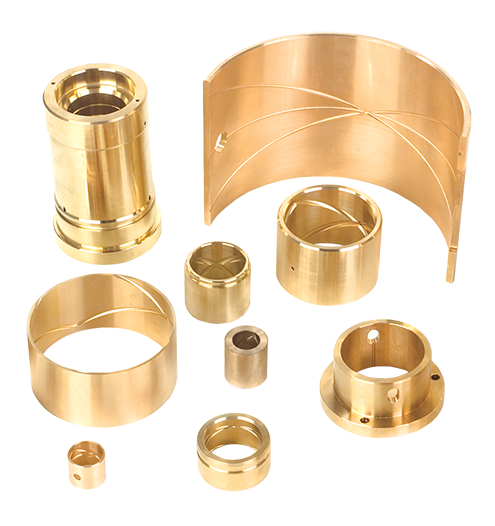Corrosion Resistance
What is corrosion resistance?
Corrosion is a natural phenomenon that occurs in many materials. It can take various forms, including erosion, pitting, and cavitation. The most well-known form is rust. In industry, corrosion causes immense financial damage each year. Experts estimate the annual cost of corrosion in industrialized countries at up to 5 % of GDP.
For many companies, using corrosion-resistant alloys is key to saving money – and time. Because a material’s corrosion resistance influences the frequency, a part must be maintained. Corrosion resistance is defined as the ability to withstand deterioration and chemical breakdown when a material or part is exposed to its environment.
What is corrosion?
Corrosion is a chemical reaction that causes severe damage to metals and even destroys their functionality. During the reaction, the affected metal releases an electron, causing a change in the material. This change may be visual, for example, the discoloration of the metal. Most of the time, a physical change also occurs, and this is the real problem. For example, there are deformities and weight loss. These changes can lead to operational breakdowns.
Although corrosion is omnipresent, certain environments and conditions accelerate the process. For example, salt or acids greatly increases the process of corrosion, which is why corrosion-resistant alloys are a special focus for certain industries – such as the maritime industry, as seawater is an accelerator of corrosion. Even though all materials are prone to corrosion, certain materials are less prone.
How to protect against corrosion
Corrosion resistance is defined as the material’s ability to withstand corrosion damage. Typically, there are two different ways to protect a metal from corrosion. Active corrosion protection is a long-term measure. An inhibitor is added to the metal, which reduces the aggressiveness of the electrolytes. Or a so-called sacrificial anode is applied, which prevents the formation of positive iron ions. If you want to know more about corrosion protection, we suggest downloading our free technical paper about how corrosion resistance works.
What is a corrosion-resistant alloy?
A corrosion-resistant alloy is a type of metal or alloy that is designed to resist corrosion or degradation caused by exposure to various corrosive environments, such as high temperature, humidity, chemical exposure, and other environmental factors. Corrosion-resistant alloys are used in a wide range of applications, including construction, aerospace, automotive, industrial processes, and the steel industry. The selection of the appropriate corrosion-resistant alloy depends on the specific application, the corrosive environment, and the required properties such as strength, durability, and conductivity.
AMPCO METAL is aware of the demanding requirements placed on industry materials. To meet these high demands on the materials, we have developed several different aluminum bronzes to meet and exceed each requirement. Our aluminum bronzes are renowned for their high strength and exceptional corrosion resistance. This strength is similar to medium-carbon steel and the alloy’s exceptional resistance.






